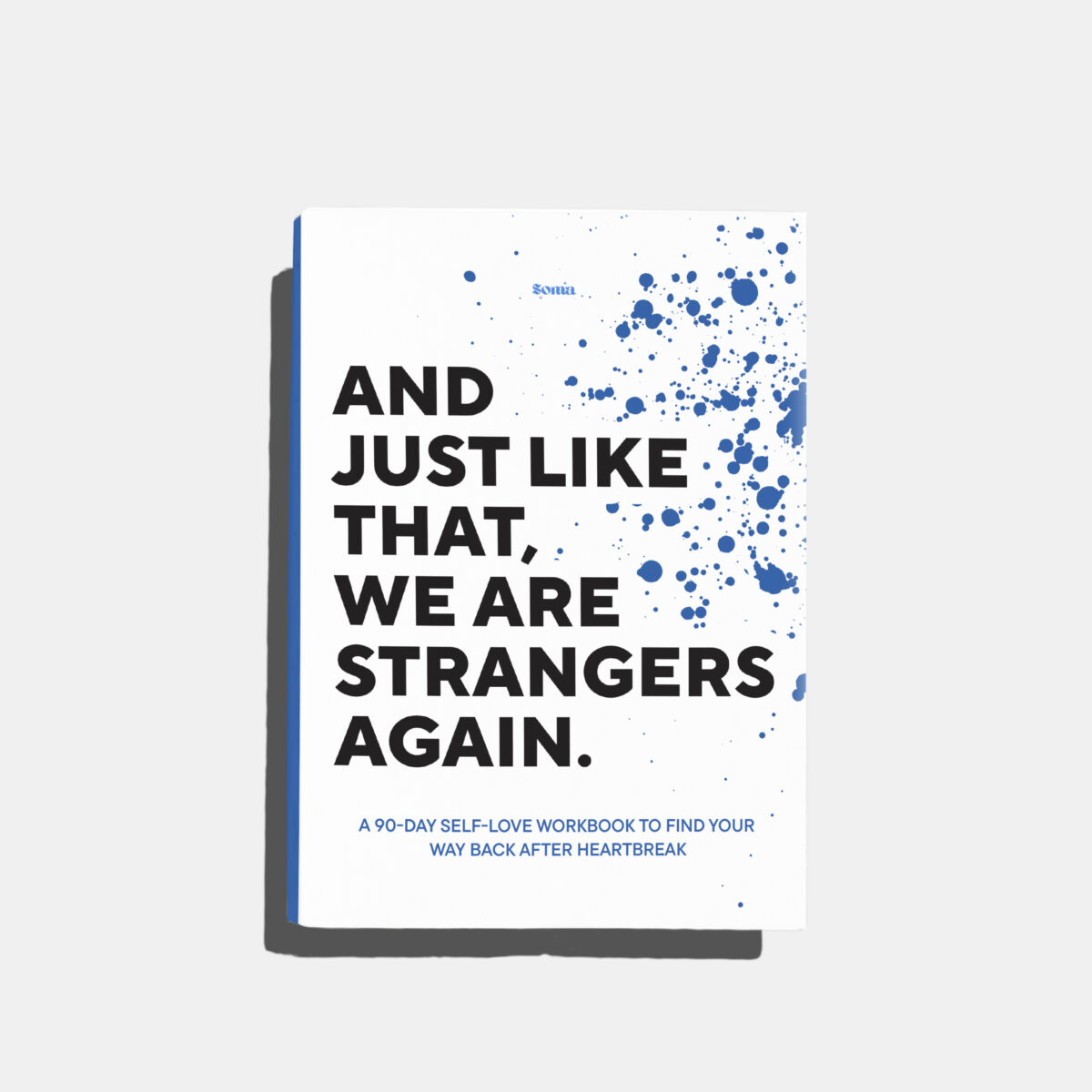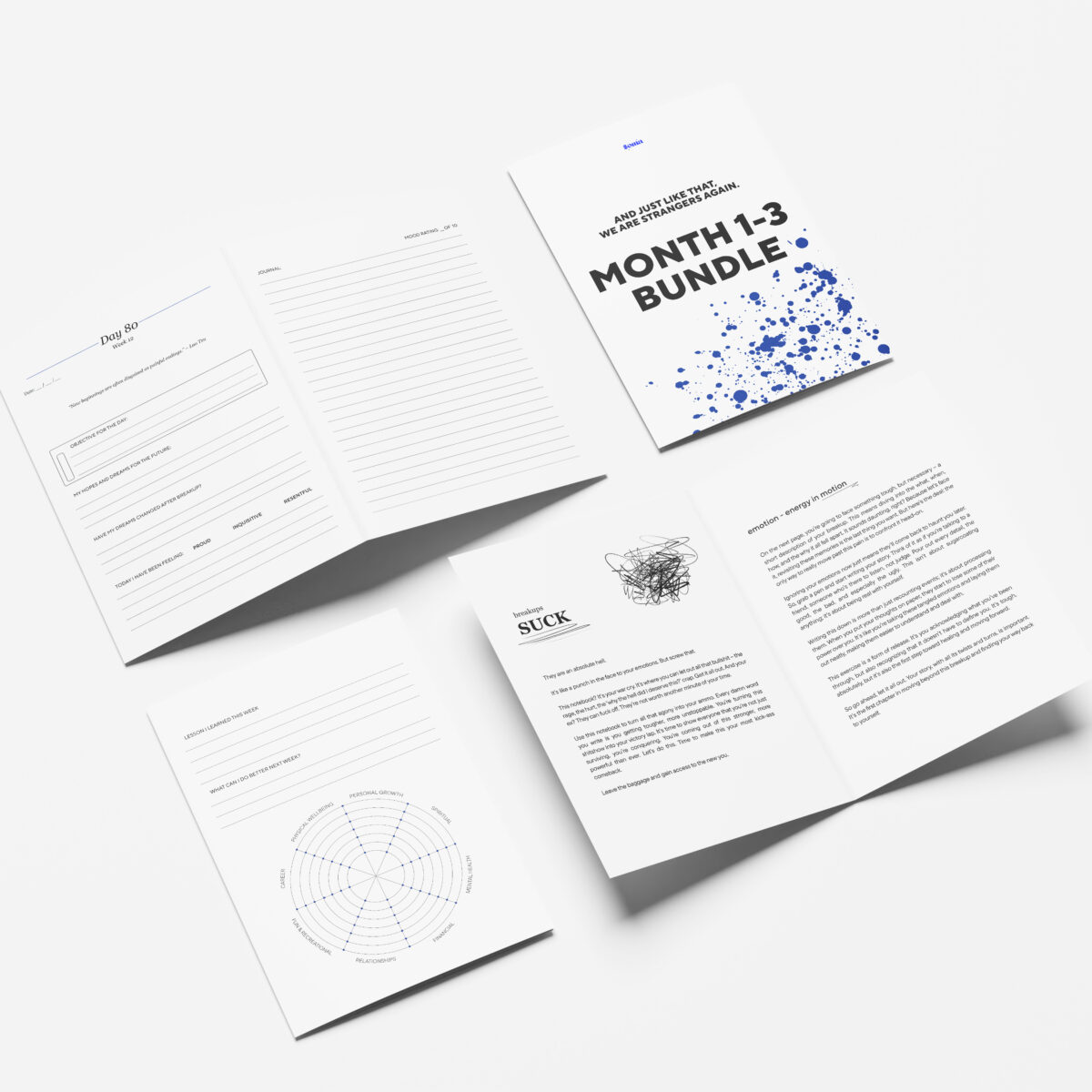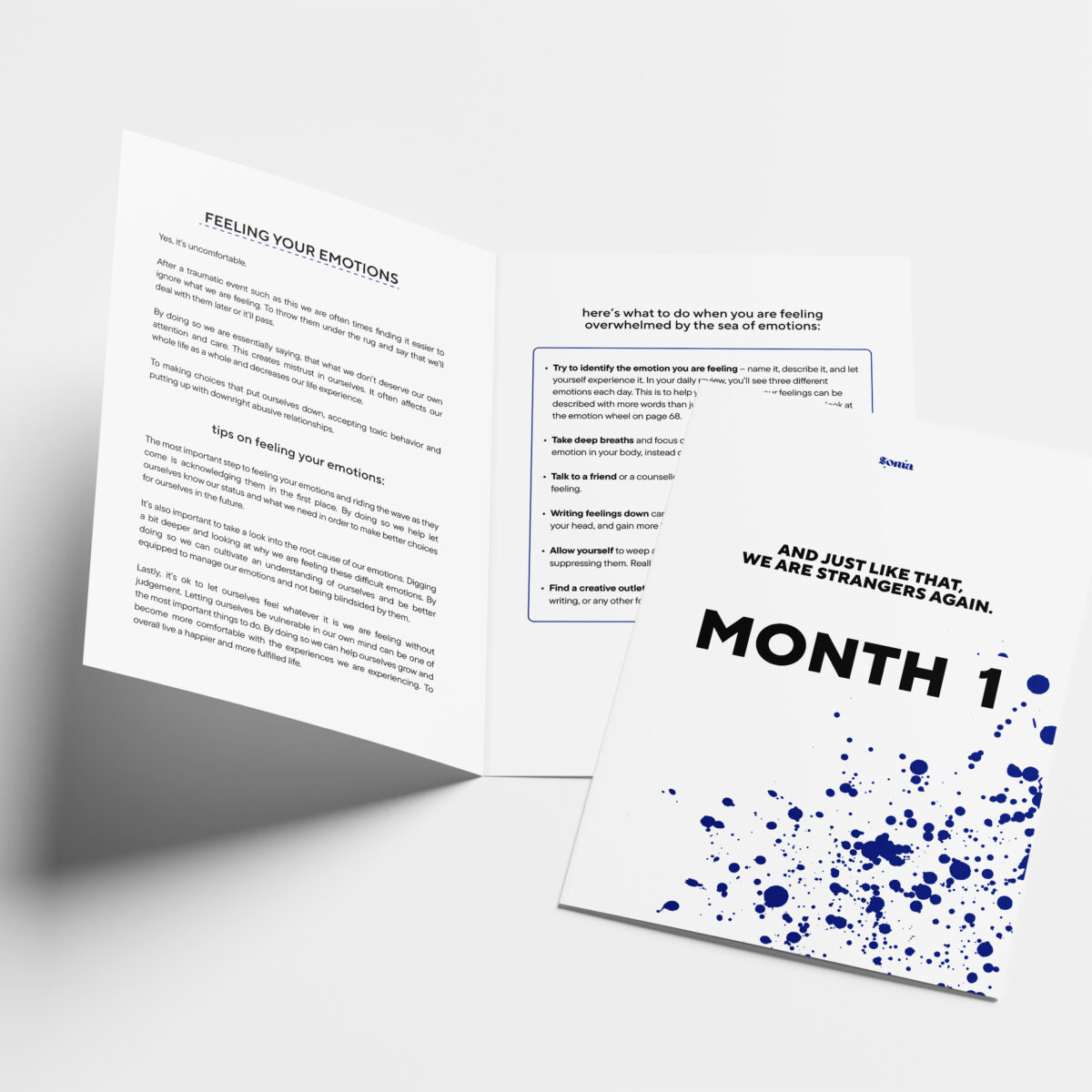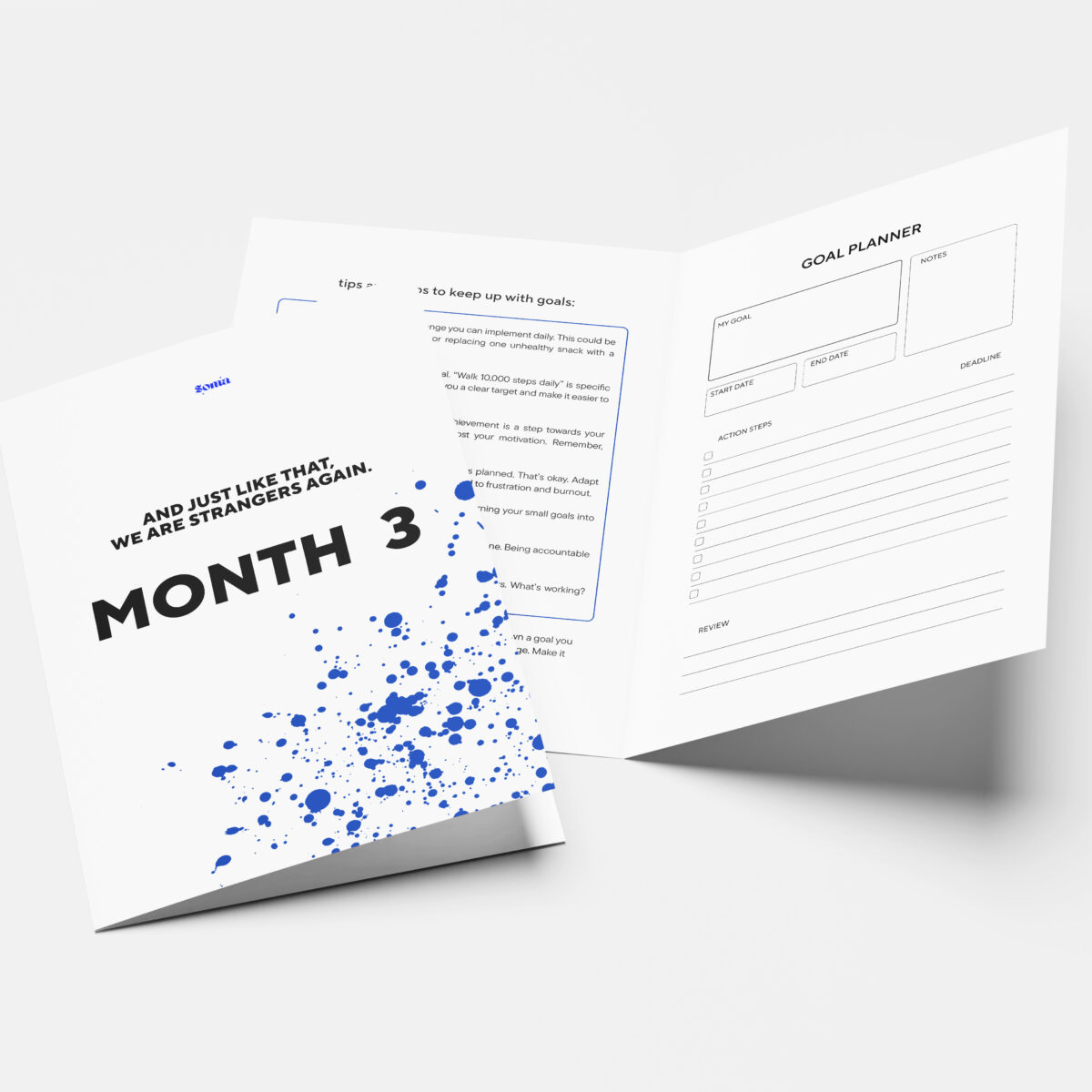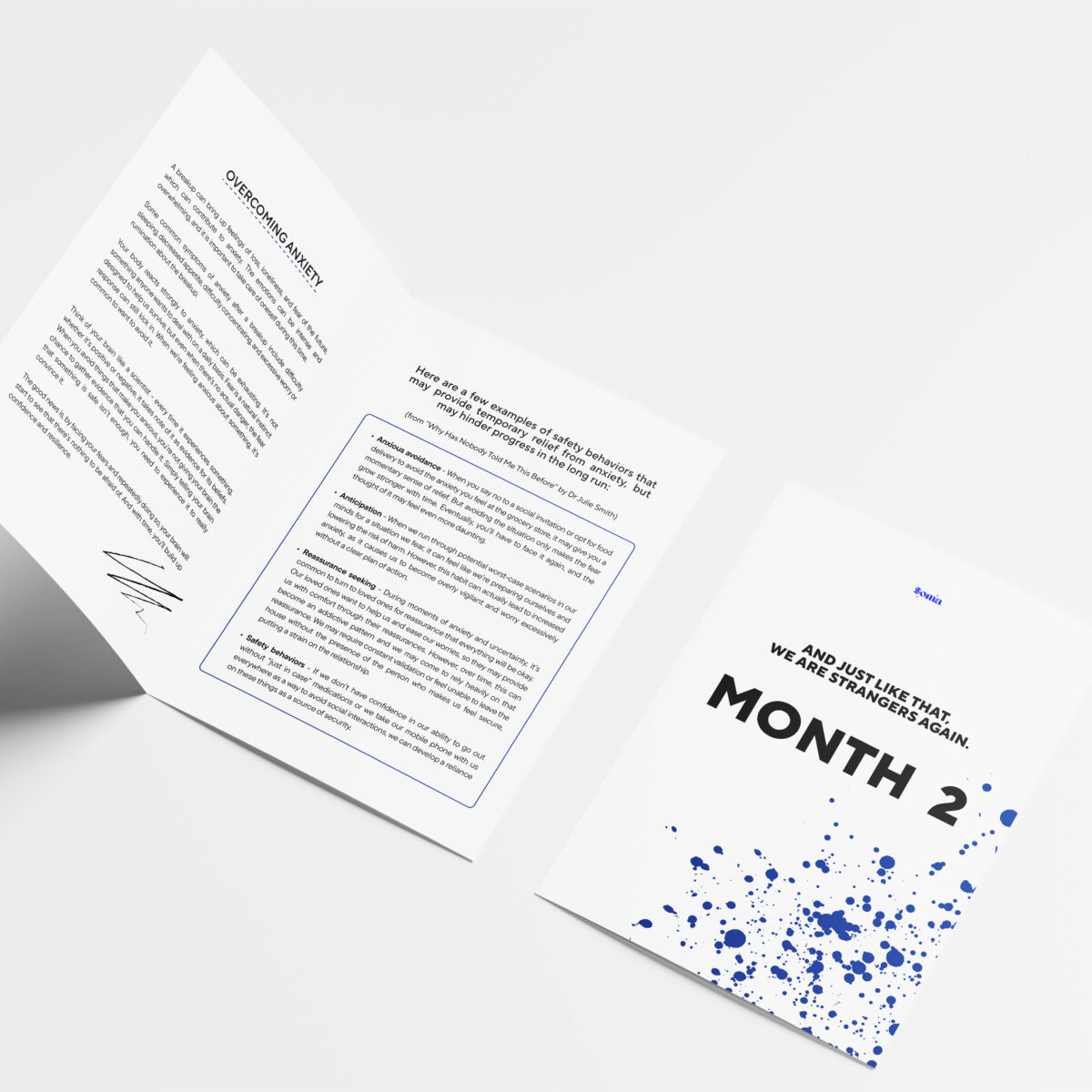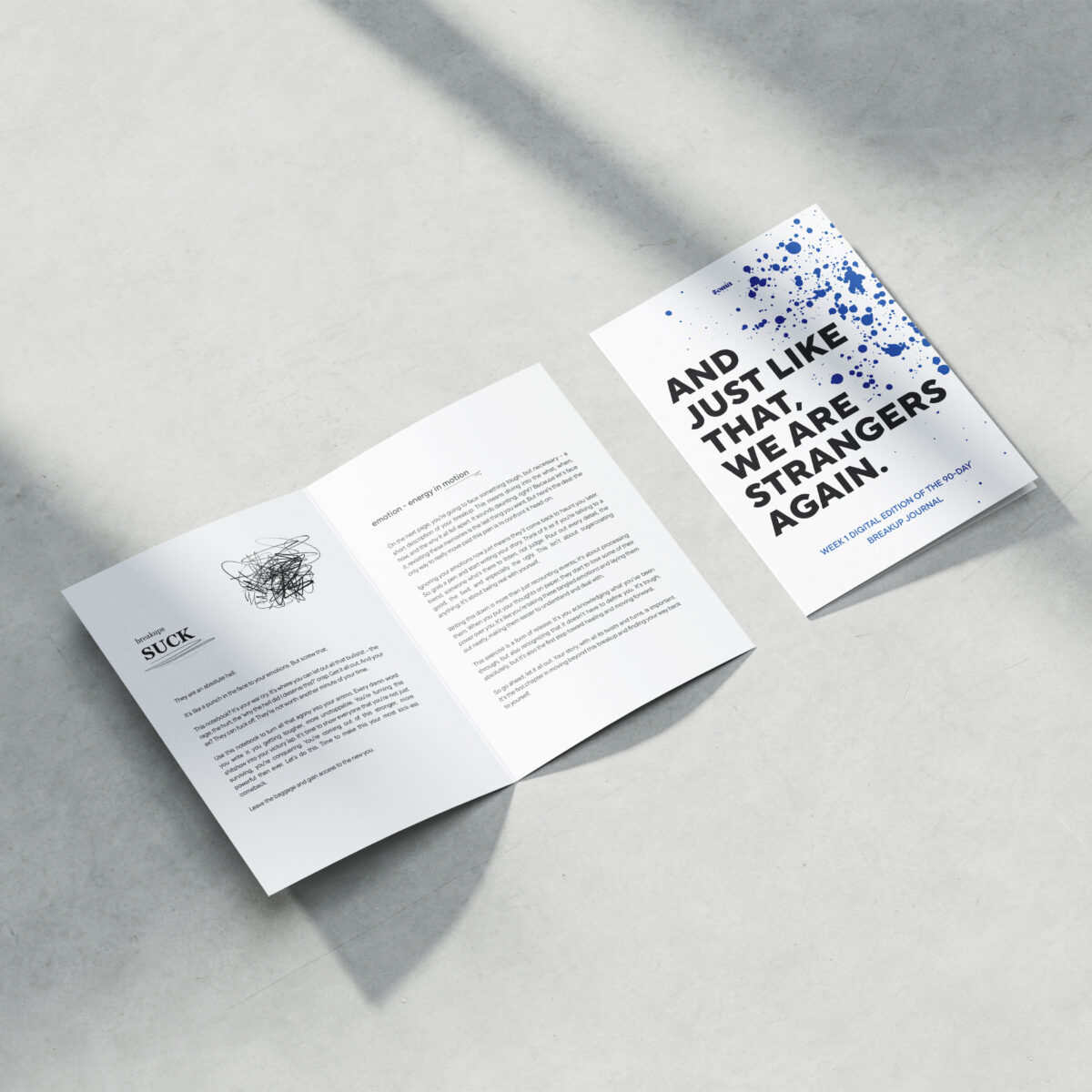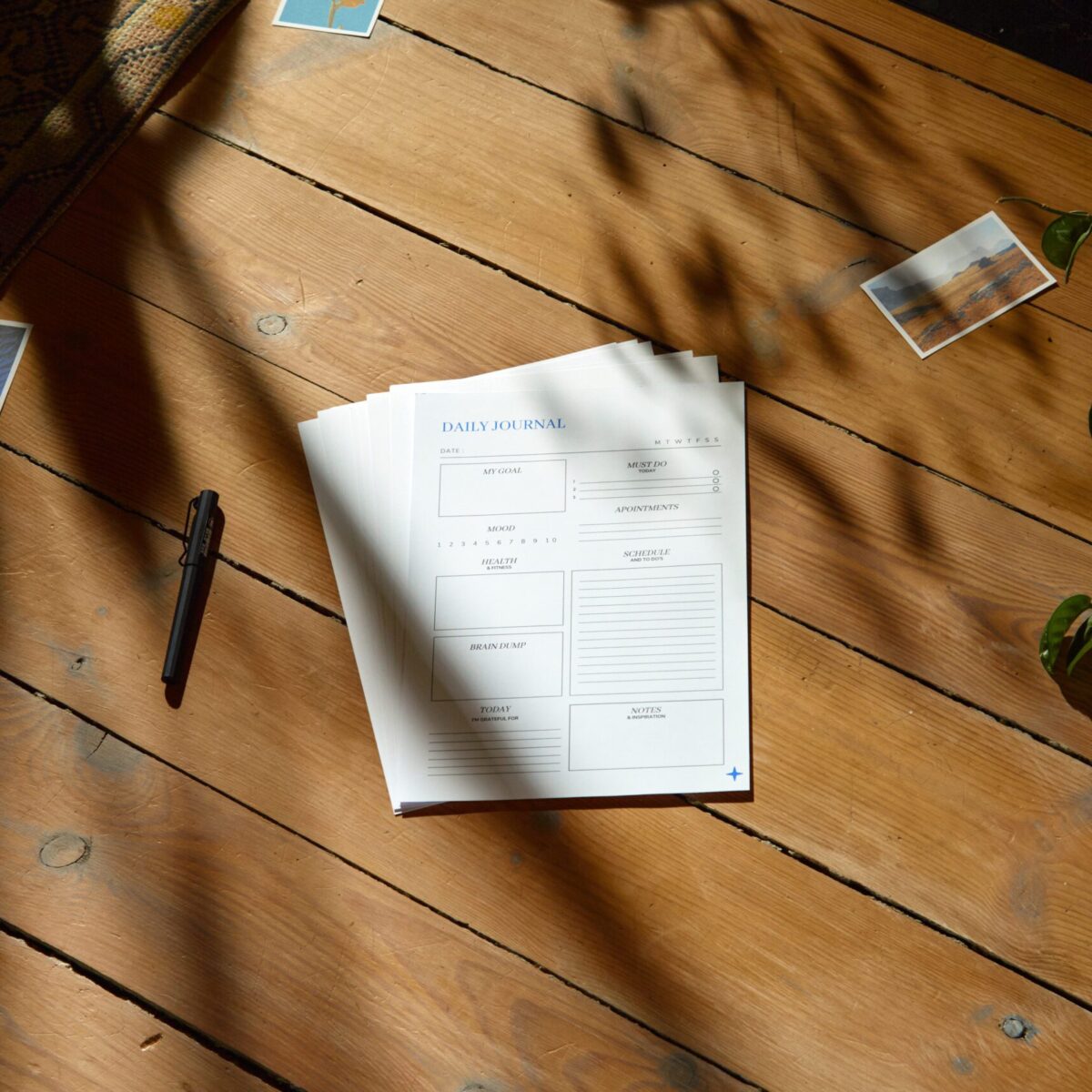
We often pick up our journals hoping to feel better, organized, and less stressed. The benefits of self-reflection and emotional expression are well-documented. Yet, some of us paradoxically find the journaling process emotionally challenging. You might even feel worse afterward than before you started. This is surprisingly normal and doesn’t mean journaling isn’t for you. Understanding why this happens can help you turn your practice into a genuinely positive force.
Wrestling with Difficult Emotions
Journaling is an invitation to dig beneath the surface. This deep dive can inevitably stir up buried sadness, unprocessed anger, or issues previously avoided in everyday life. Confronting these emotions, especially unresolved ones, can be initially uncomfortable. Think of it as stirring up a dusty corner; while messy in the moment, it’s the first step toward genuine cleanup and clarity.
Sometimes, especially at the start of our journaling journey, we unwittingly slip into patterns of fixating on the negative. Focusing only on problems fuels frustration, keeping us stuck in a loop. In other cases, journaling brings up experiences we haven’t had the time or space to properly process. Without guidance or supportive techniques, those lingering emotions can leave us feeling even heavier than before.
It’s also important to recognize that social media can perpetuate feelings of inadequacy. Scrolling through hyper-curated snapshots of ‘perfectly’ organized planners and beautifully penned introspection can cause comparison. Journaling is deeply personal, and your practice deserves the space to evolve without unrealistic expectations.
Is Journaling Still Worth Doing?
Yes! Like any emotional exploration, journaling has a learning curve. While sometimes uncomfortable, those emotions you unearthed aren’t signs of failure; they’re a normal part of growth. It’s time to adjust your approach. Think of these strategies as training wheels that will gradually be taken off:
- Timing and Dosage: Start journaling during relatively calm periods and focus on short, timed sessions. Overcommitting or forcing yourself to write while distressed can be counterproductive.
- Goal Setting: Instead of expecting spontaneous breakthroughs, begin with achievable, emotion-focused goals. For example, spend 10 minutes simply writing about how you feel – judgment-free.
- Emotional Distance: For intense feelings or traumatic memories, try third-person journaling as an exercise in analysis rather than reliving.
- Track Your Mood: Simply noticing if your moods fluctuate pre- and post-journaling can be hugely informative. It will highlight patterns and allow you to calibrate how much emotional ‘digging’ you can handle per session.
- Embrace Experimentation: There’s no single correct way to journal. You’ll find freedom and empowerment in creating a style uniquely suited to your needs, whether that’s through poetry, sketches, lists, etc.

Beyond Catharsis: Harnessing Your Journal for Growth
While releasing emotional pent-up pressure is an essential part of journaling, it doesn’t stop there. You can transform your journal into a tool for proactive improvement rather than a receptacle for distress:
- Gratitude: Even on hard days, try noting one or two small things you’re grateful for. This redirects your attention, fostering a more positive outlook.
- Problem-Solving: Turn rants into strategies! Frame complaints as problems to be solved and use your journal to think through solutions.
- Affirmations and Goal Setting: Use your journal to write down your dreams and positive qualities. Visualize the outcome you desire and break it into smaller, manageable steps.
It’s vital to acknowledge even tiny victories alongside major milestones. Your journal should be a record of all you’ve overcome, learned, and become. This is where lasting motivation and true resilience are forged.
you are making progress
If your journaling makes you initially feel worse, you’re in good company. It means you’re braving the sometimes messy yet powerful process of self-discovery. With patient adjustments to your methods, emotional awareness, and a focus on growth alongside processing, your journal will become a trusted companion on your journey toward greater well-being.
Did you know that Soma Breakup Journal has premade journaling prompts designed to heal heartbreak as fast as possible? Give it a try!

